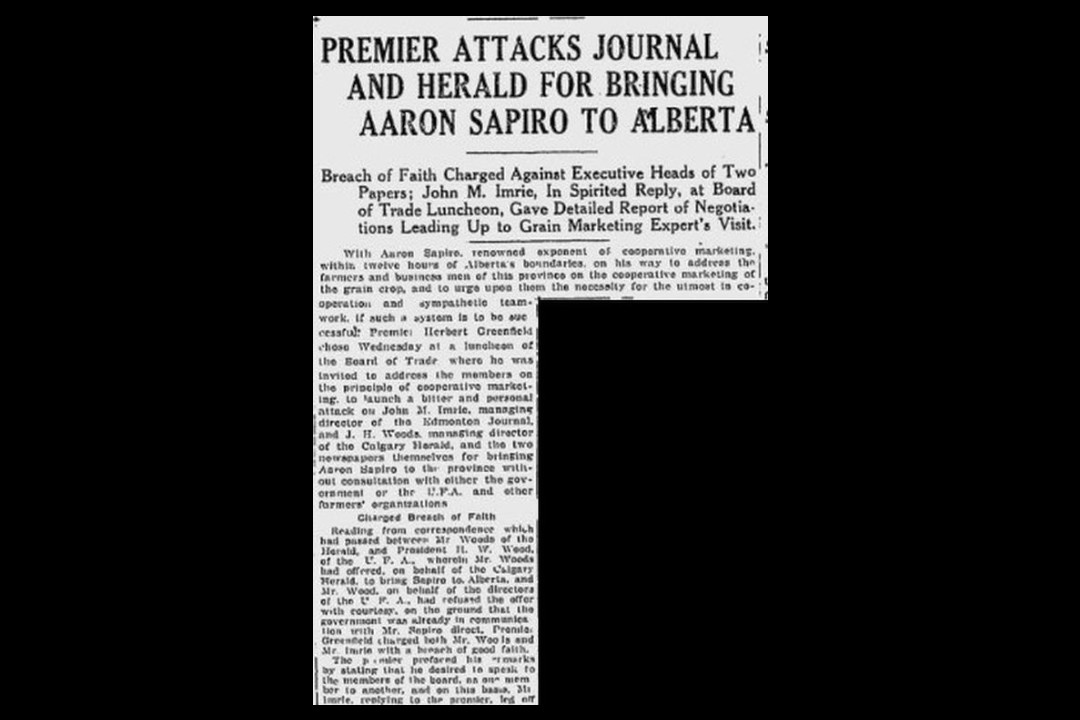
Why Workshop West's experiment allowing audiences to name their price is a smashing success
Workshop West Playwrights' Theatre will keep offering pay-what-you-will ticketing during its next all-Canadian season of theatre because its pilot run was such a smash, growing its audience by nearly 75%.
"It was a huge, huge success," artistic producer Heather Inglis told Taproot. "There are people who came to the theatre and said, 'I'm coming because you've offered this to the community.'"
In 2024, Workshop West decided to let its audience pay whatever they wanted for tickets to the five shows that made up its 2024/2025 season. Workshop West made two-and-a-half times its predicted revenue, though Inglis noted that the original projections were conservative. About 53% of attendees paid the suggested $40 for a ticket, 15% paid more than that, and 32% paid less. Those ticket sales resulted in an attendance increase of 74% compared to the 2023/2024 season.
Greater attendance is important to Workshop West's mandate to get Canadian theatre in front of audiences, Inglis said. "I would rather have somebody in a seat watching a Canadian play, being in community, contemplating what it means to be Canadian, laughing or crying or breathing with the suspense of a story in real time for $5, because that's better than an empty seat," Inglis said. "That's really what it's about: To make art alive."
Pay-what-you-can ticketing is growing in popularity at arts organizations in Edmonton. The Citadel Theatre and Thou Art Here Theatre now offer it to their audiences for select shows, and the Kaleido Family Arts Festival operates its annual event on a pay-what you-can basis for attendees. Workshop West uses the term "pay what you will" in its language, which Inglis said is an intentional choice.
"There's sort of a thoughtfulness," Inglis said. "I think (pay what you will) gives audiences an opportunity to contemplate the value of art in their lives and in their budget."
Workshop West is only the second theatre in Canada to offer all of its shows at a price determined by the audience. The Belfry Theatre, in Victoria, rolled out the model for its 2021/2022 season. Inglis said she and her team researched the model before implementing it and found that smaller theatres — Workshop West typically seats 70 to 90 — have more success with the model than larger ones. Plus, she said, her theatre takes risks.
"The development of new Canadian theatre is a risk right from the beginning," Inglis said. "In that climate, it becomes easier to make a choice like this … I was surprised at how interested people were in the initiative, and pleasantly surprised by the notion that something that is so far away from capitalism, as an impulse, could be successful."
Risks, she has found, can pay off for audience and revenue numbers, as well as artistic work itself. Workshop West selected Horseplay, by 25-year-old Kole Durnford, to close its latest season (the decision marked Durnford's first professional production). The result? Horseplay won the Outstanding Production of a Play at The Elizabeth Sterling Haynes Awards on July 14.
Workshop West plans to announce its 2025/2026 season soon. The season will again be ticketed to the audience at a pay-what-you-will price. In the meantime, the theatre's commissioned ticketing platform, tailored to pay-what-you-will, is something Inglis hopes others adopt.




